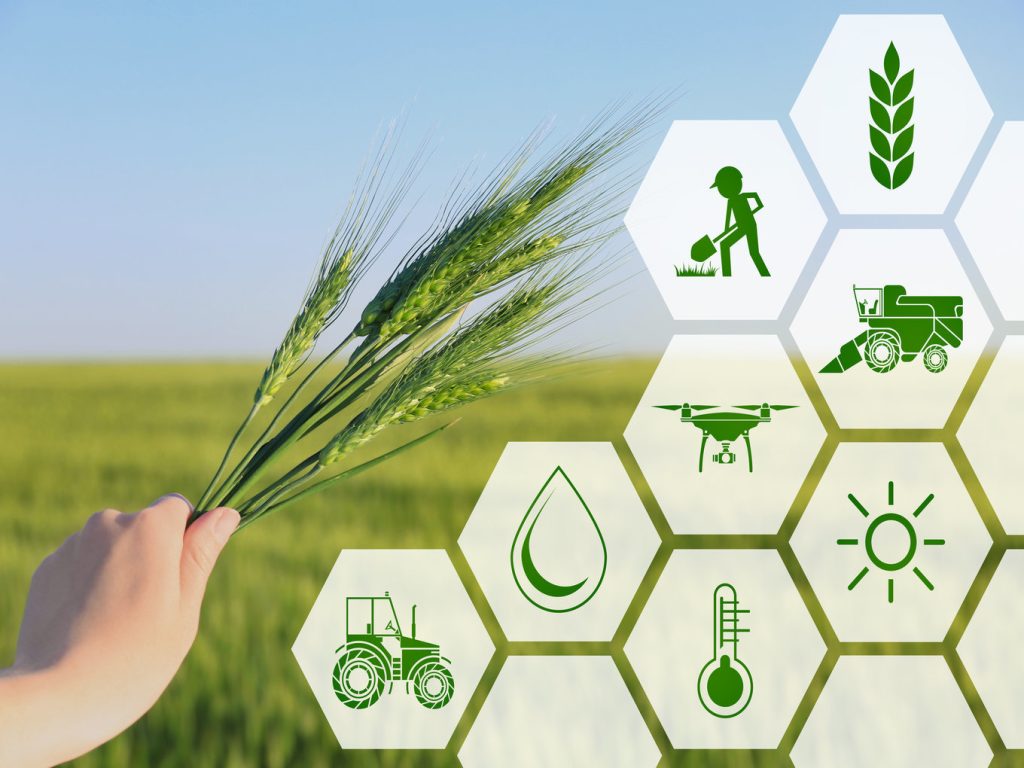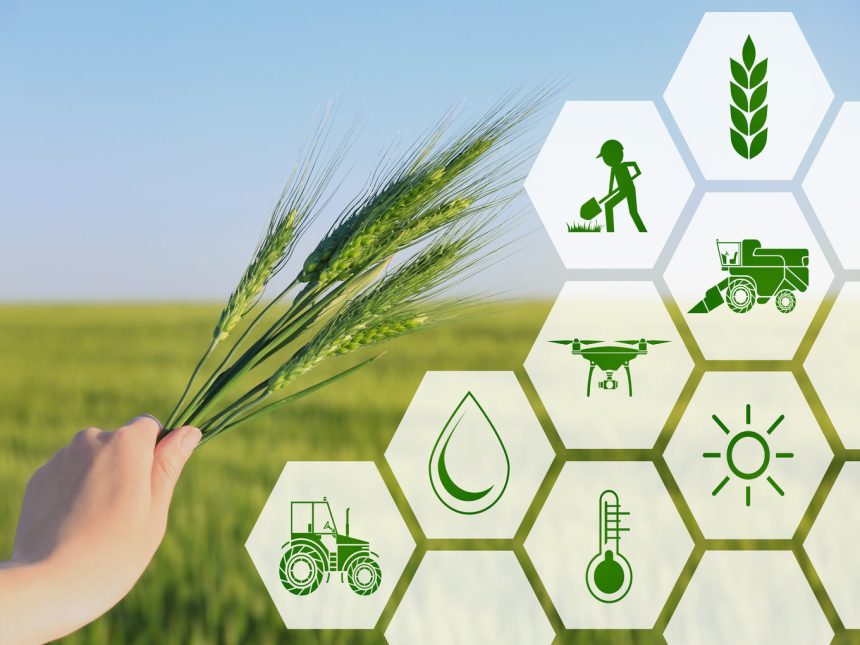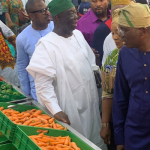
The Executive Secretary of the Nigerian Agricultural Development Foundation (NADF), Mohammed Abu Ibrahim, recently initiated a significant meeting with the Honorable Minister of Communication, Innovation & Digital Economy, Bosun Tijani, to explore collaborations bridging agriculture and technology, paving the way for transformative partnerships.
In an amicable and forward-looking discussion, the two leaders delved into the boundless opportunities where innovation intersects with Nigeria’s agricultural sector. Acknowledging technology’s crucial role in modernizing traditional practices, they embarked on a journey to tap into the untapped potential within the Fourth Industrial Revolution.
With a shared goal of strengthening Nigeria’s agricultural landscape, both entities agreed to embark on the Fourth Industrial Revolution Technology in Agriculture (4IRTA4) project. Led by the Federal Ministry of Communication, Innovation & Digital Economy (FMCIDE), this initiative aims to catalyze an Agri-Tech revolution, poised to redefine farming practices and bolster food security nationwide.
The collaborative effort aims to leverage cutting-edge technologies like artificial intelligence, blockchain, and the Internet of Things (IoT) to optimize agricultural processes. From precision farming methods to data-driven decision-making, the 4IRTA4 project pledges to usher in a new era of efficiency, productivity, and sustainability in Nigerian agriculture.
As discussions progressed, it became evident that the synergy between NADF and FMCIDE could spark unparalleled innovation. Leveraging their expertise and resources, the partnership is positioned to drive tangible impact, empowering farmers, strengthening supply chain resilience, and positioning Nigeria as a regional leader in agricultural innovation.
Beyond technological advancement, the collaboration underscores a shared commitment to socioeconomic development and inclusive growth. By nurturing an environment conducive to innovation, NADF and FMCIDE are not only transforming agricultural practices but also empowering communities, fostering employment, and unlocking Nigeria’s agricultural sector’s full potential.





